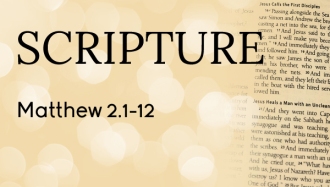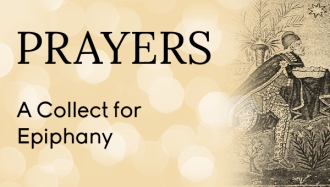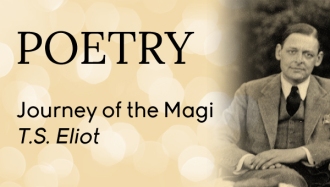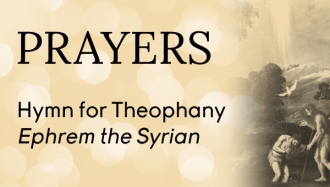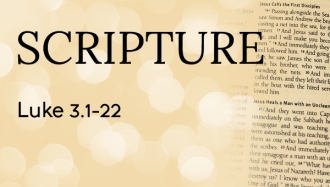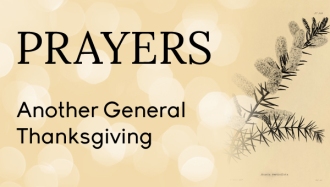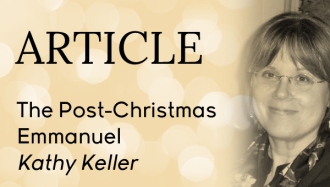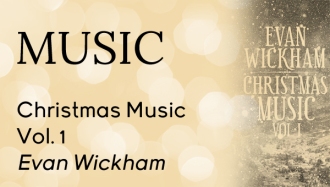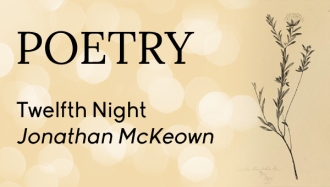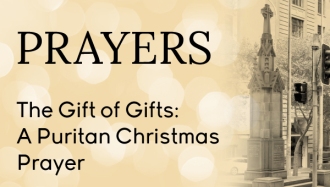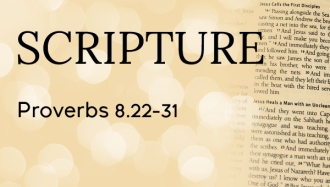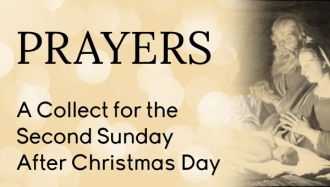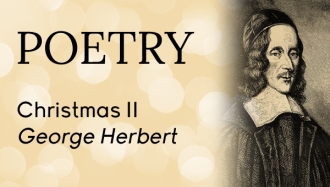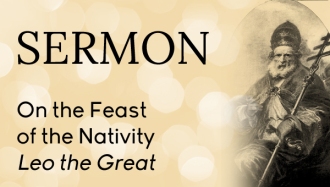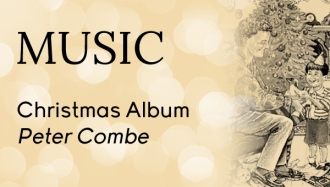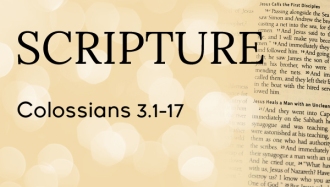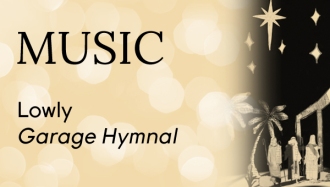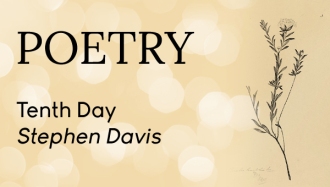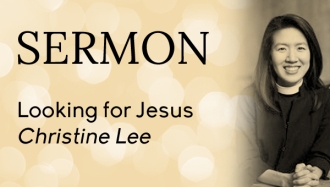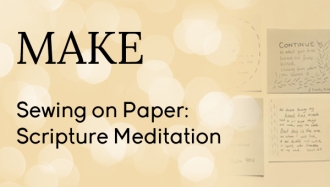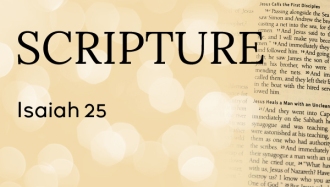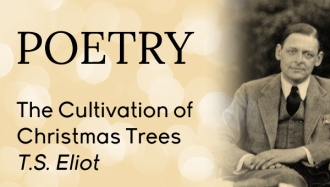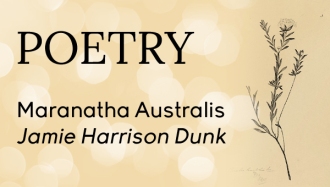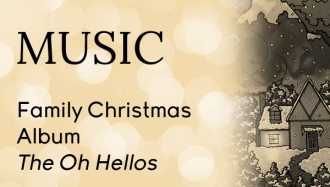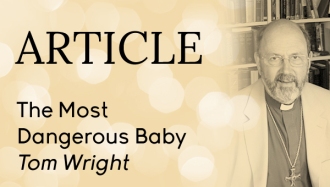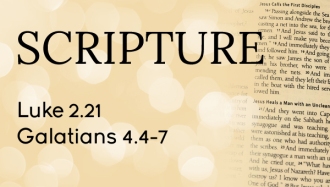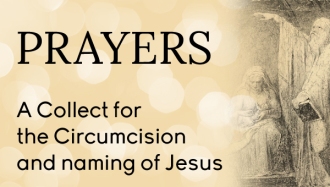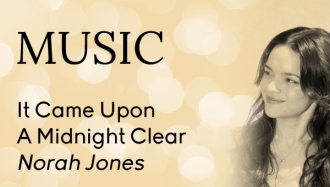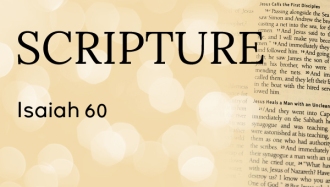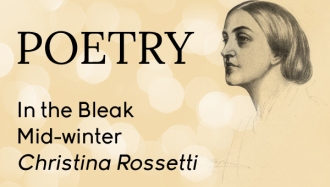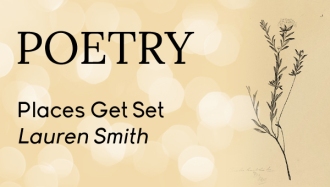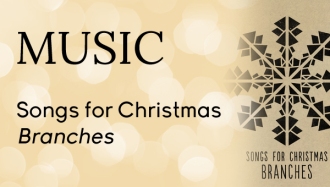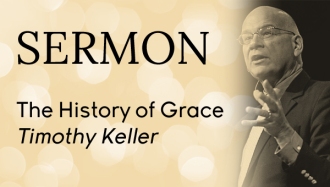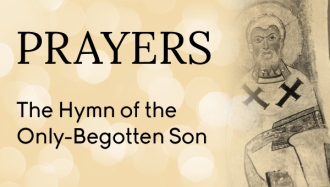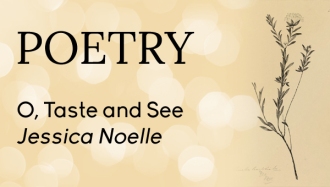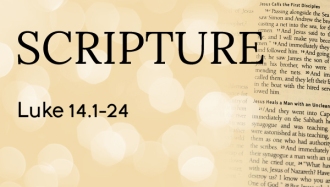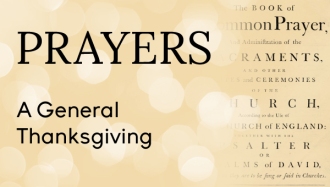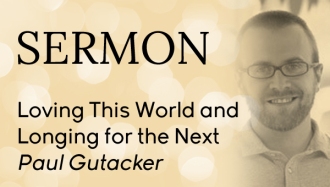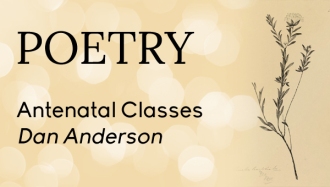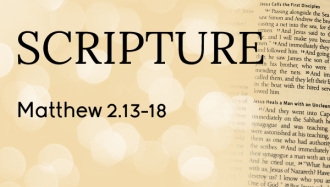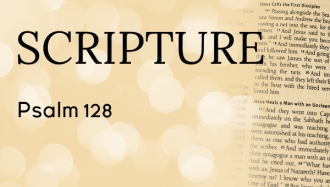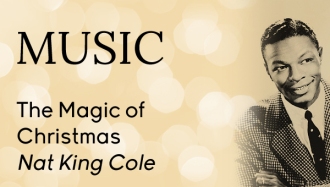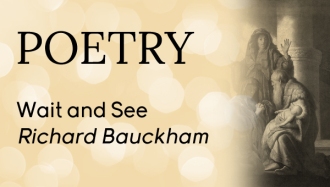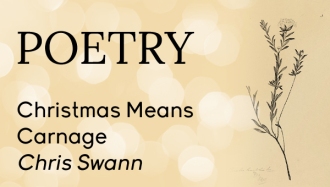‘Why is the tree still up?’
‘Because it’s bad luck to take it down until Epiphany.’
‘What’s Epiphany?’
‘It’s the end of Christmas.’
This conversation, or something like it, happened every Christmas in my early childhood. Our tree would sit in the living room for twelve extra days after Christmas, the wreath stayed on the door, the cards stayed hanging on the walls. It was strange quirk for my very non-religious parents to be such sticklers for this one old school church tradition.
Today I’m much more of the opinion that Epiphany is celebrated not really to protect us from bad luck but to help us transition from Christmas to the rest of the year; reshifting our gaze from our intense focus on the incarnation up to see the whole glorious person of Jesus and everything he did. At Epiphany we mark the day that the wise men came from distant lands to worship Jesus. They had come a long way, travelling for up to two years; now they have finally caught up with the Christmas story and we meet them as our own Christmas celebrations draw to a close.
The wise men read the stars and somehow knew more about Jesus’ identity than the Jews that Jesus was to be king of. Epiphany picks up on this theme of stars and light and illumination, of seeing the truth and knowing the truth and worshipping the truth. Epiphany is the day that says “YES!” to all the good news of the Christmas story. It’s the day that gives us space to join the dots and knit the pieces together, to see who Jesus really and truly is. It’s the day for seeing all the ways that Christmas shows us Jesus’ humanity and divinity. It’s the day for seeing all the ways that Jesus’ birth foreshadows his death and resurrection.
It’s the day for moving back into ordinary time.
May God bless you this year with a deep love for and knowledge of his Son. Thank you for celebrating with us.
